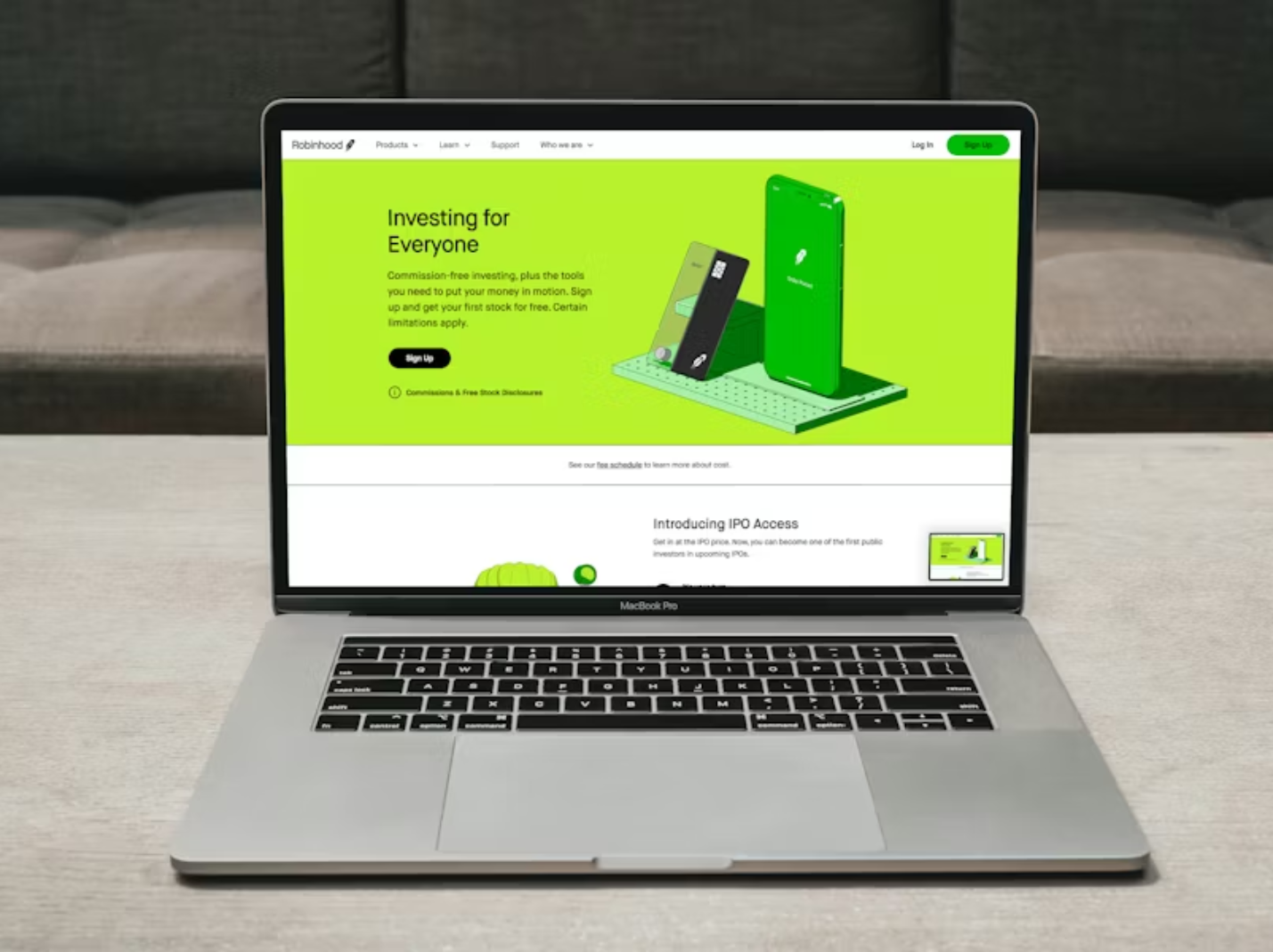
As the education system has failed to impart even basic financial literacy to young Americans, the financial-trading company Robinhood is promising to fill the gap.
In September, Robinhood launched its new Money Drills initiative, aimed at bringing financial education to college students. The program was designed “with student athletes” in mind, targeting young athletes who are now earning significant income from Name, Image, and Likeness (NIL) deals.
The company’s announcement reads:
Open to all students, and designed with athletes in mind, Money Drills expands access to financial education for college students through university-led courses for graduation credit. Student athletes often begin earning NIL income while still in college—sometimes before they’ve had the chance to build a basic financial foundation … With support from Robinhood and guidance from professors, students learn practical skills in budgeting, saving, investing, and credit—along with best practices on navigating NIL income. The goal: to equip young adults with the playbook they need to manage their finances and plan confidently for the future while earning graduation credit.
The launch comes at a time when financial literacy among young Americans is embarrassingly low—just as the cost of living continues to climb. Roughly half of Gen Z say high living costs are a major barrier to financial stability. For 35 percent of Gen Zers who are supporting themselves, monthly expenses exceed expectations, driven largely by necessities like groceries, rent, utilities, and dining out.
Savings and investing habits are equally concerning. Only a quarter of Gen Z contributed to a retirement account last year, and just one in five invested in the stock market. Meanwhile, 55 percent lack enough emergency savings to cover even three months of expenses.
[RELATED: On Personal Finance]
Outside pressures matter, but the lack of financial knowledge makes everything worse. K–12 schools and colleges alike have failed to teach students the basic financial skills required for adult life. No wonder viral Gen Z memes now joke that schools taught them all about parallelograms, but nothing about taxes.
Nearly nine in ten adults believe high schools should teach financial literacy, yet only 29 states actually require it.
And when K–12 schools do offer personal finance instruction, it’s often filtered through “diversity, equity, and inclusion” frameworks. Groups like the National Education Association have managed to fold “systemic oppression” narratives into otherwise straightforward financial lessons, teaching students that people of color, women, and LGBT individuals are inherently disadvantaged by the banking system.
So, is outsourcing financial education to Robinhood—or any vested-interest company—better than the alternative?
Well, Robinhood’s announcement materials don’t mention identity politics or weave in DEI themes, which already makes it less ideologically loaded than many K–12 programs. But that doesn’t mean it’s an ideal solution. Outsourcing financial literacy to a private company with its own incentives is still a stopgap, not a substitute for schools doing their job.
Rather than outsourcing financial education, schools should teach it themselves—and teach it plainly, with values-neutral instruction in budgeting, credit, taxes, and long-term saving. Those are the skills that cultivate genuine independence rather than dependency, and they also nurture something deeper: a generation capable of managing its own finances is a generation far better prepared to engage confidently in civic life.
Image by PiggyBank on Unsplash